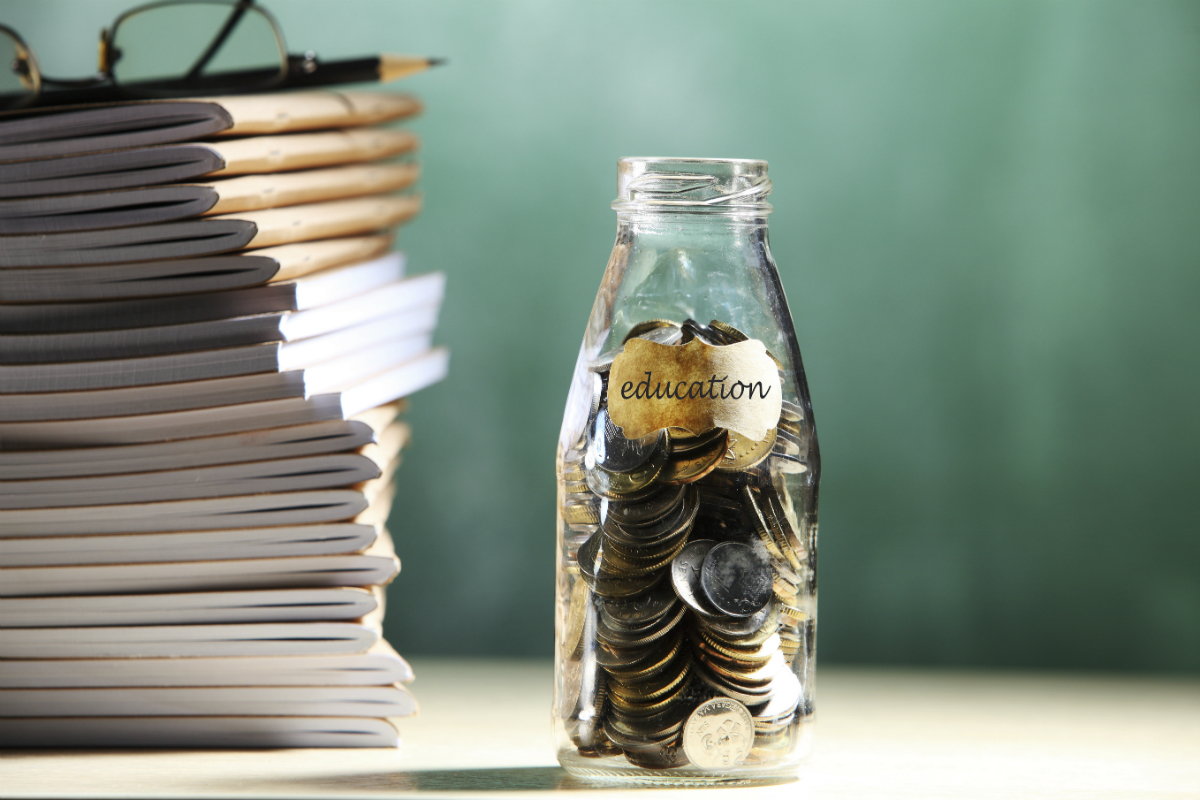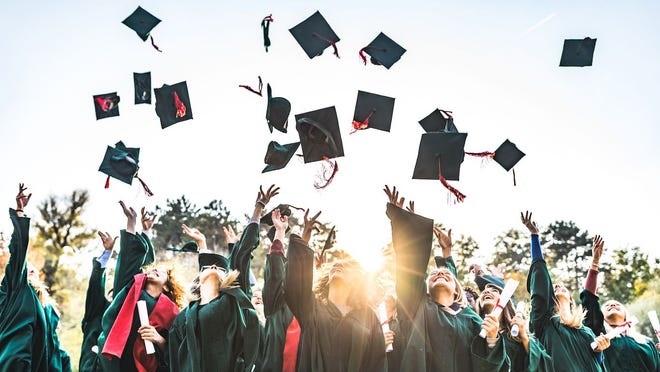Aiming to address a persistent achievement gap experienced by Black students and other student groups, the Los Angeles Unified School District Board of Education adopted the Black Student Achievement Plan (BSAP) in February 2021. The initiative provides additional funding to identified schools to provide social-emotional and academic support to help fill opportunity gaps.
Implementation began in September 2021 and the initiative aims to provide “high academic performance, strong social-emotional awareness and management, and a positive cultural identity. Furthermore, strategies and methods utilized to cultivate these things shall be directly responsive to the unique needs of Black students due in large to the historic and ongoing social and economic conditions experienced by Black people,” according to the district’s website.
BSAP schools must meet certain criteria to qualify for the initiative, with indicators including low test scores, high suspension rates, high rates of chronic absenteeism or poor school climate survey results.
The initial $25 million for BSAP came from a community campaign to redirect funding away from school police and into support for Black students. BSAP works to bring culturally responsive curriculum and instruction, partnerships with community-based organizations and increased staffing to provide targeted supports for academic performance, social-emotional development, positive cultural identity formation and reimagined school safety.
BSAP Theory of Action
The goals of the initiative are to increase the percentage of Black students graduating and meeting A-G requirements to 70 percent, improve third-grade literacy by 30 points on the Smarter Balanced English language arts assessments, improve scores by 40 points on the Smarter Balanced math assessment, and demonstrate growth in social-emotional wellness.
To reach these goals, the district has employed a theory of action that includes:
- learning from the Black community and bringing the lived experiences of Black students and families into instructional planning
- engaging Black students and their families in shared ownership to improve conditions for Black students including personal value attached to education
- supporting our teachers, school administrators and staff to deliver academically challenging learning environments, establish data informed multi-tiered support structures, and provide culturally and linguistically responsive pedagogy and equity
- aligning all district efforts at every level to drive improvement in teaching and learning for Black students
- increasing internal and external accountability for the improvement of Black student performance
BSAP survey
A 2023 survey of 2,300 students across more than 100 schools by Safe Schools Los Angeles — a community-led group focused on transforming LAUSD’s schools into culturally relevant, holistically supportive spaces for all students — found that:
- 87 percent of Black students feel like they are benefiting from the BSAP
- 67 percent of Black students feel like they are being supported more because of BSAP resources
- 49 percent of Black students feel like their school do not have enough mental health resources
- 45 percent of Black students feel like their school do not have enough resources for Black students
- 47 percent of Black students participated in a program (mentoring/arts, cultural, etc.) at their school provided by a community/outside organization
While these survey results from two years of program implementation are promising, the survey also found that, on average, half of Black students reported they have not yet experienced or participated in BSAP-related programming, such as one-on-one counseling, restorative justice and community partner programming, and only half of the Black students at BSAP schools said their school offered African American Studies.
An accompanying fiscal analysis found significant spending challenges related to the BSAP. In the 2022–23 school year, top-priority BSAP schools had neither spent nor committed 57 percent of the community partnership funds, with at least 10 schools having spent or committed zero dollars.
“While the district’s current allocation of $120 million dollars to BSAP to support nearly 40,000 Black students at 781 schools is significant, our survey data and the experiences of Black students highlight the gap between fully meeting Black students’ needs and resources currently provided by LAUSD,” states the survey results.
Recommendations from Safe School Los Angeles to improve the reach and effectiveness of the BSAP include:
- expand the BSAP and its targeted resources
- expand mental health and community-based safety resources for all students
- carryover all unspent BSAP funds
- ensure greater emphasis on holistic evaluation
- increase collaboration with students and parents





